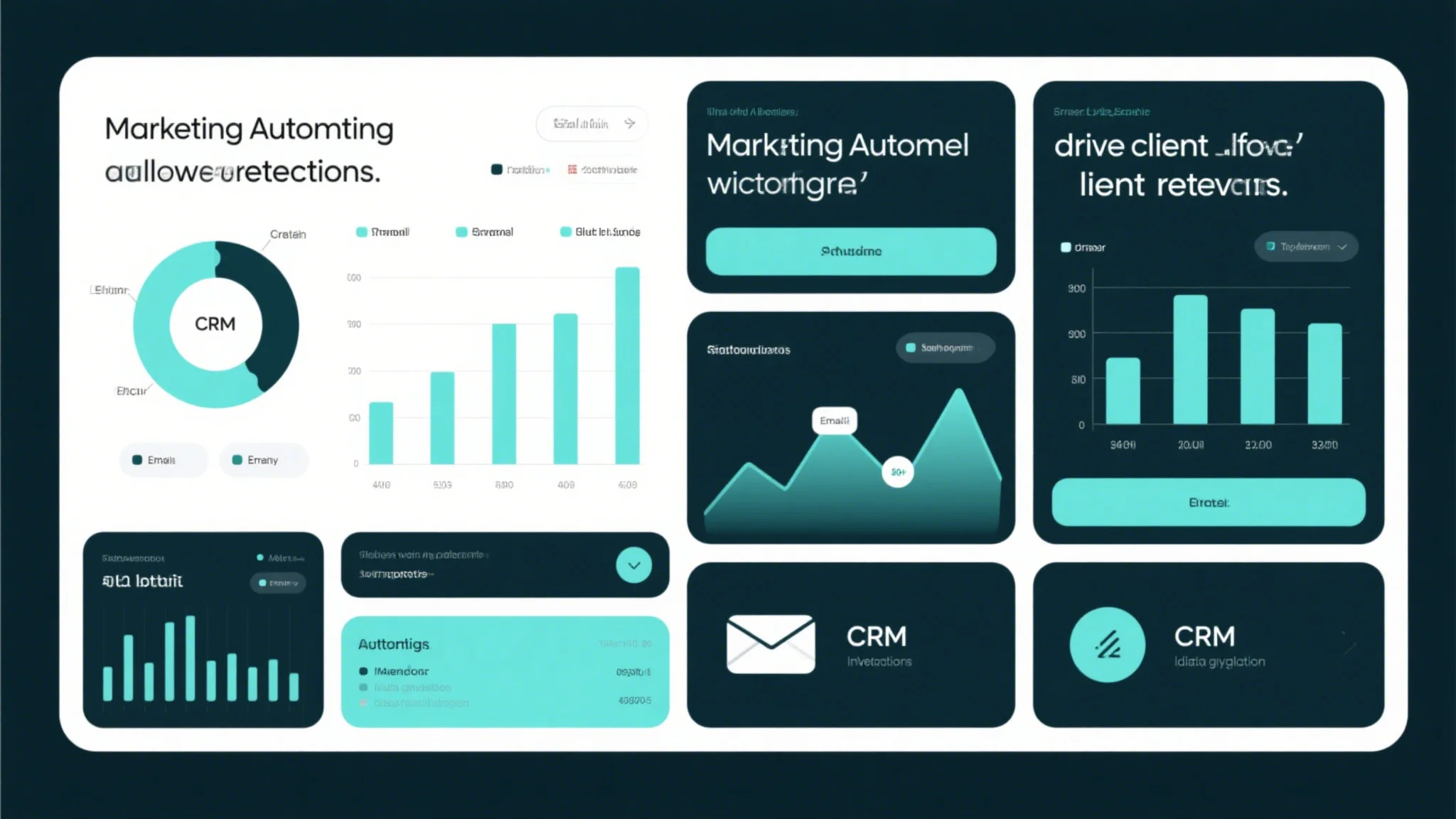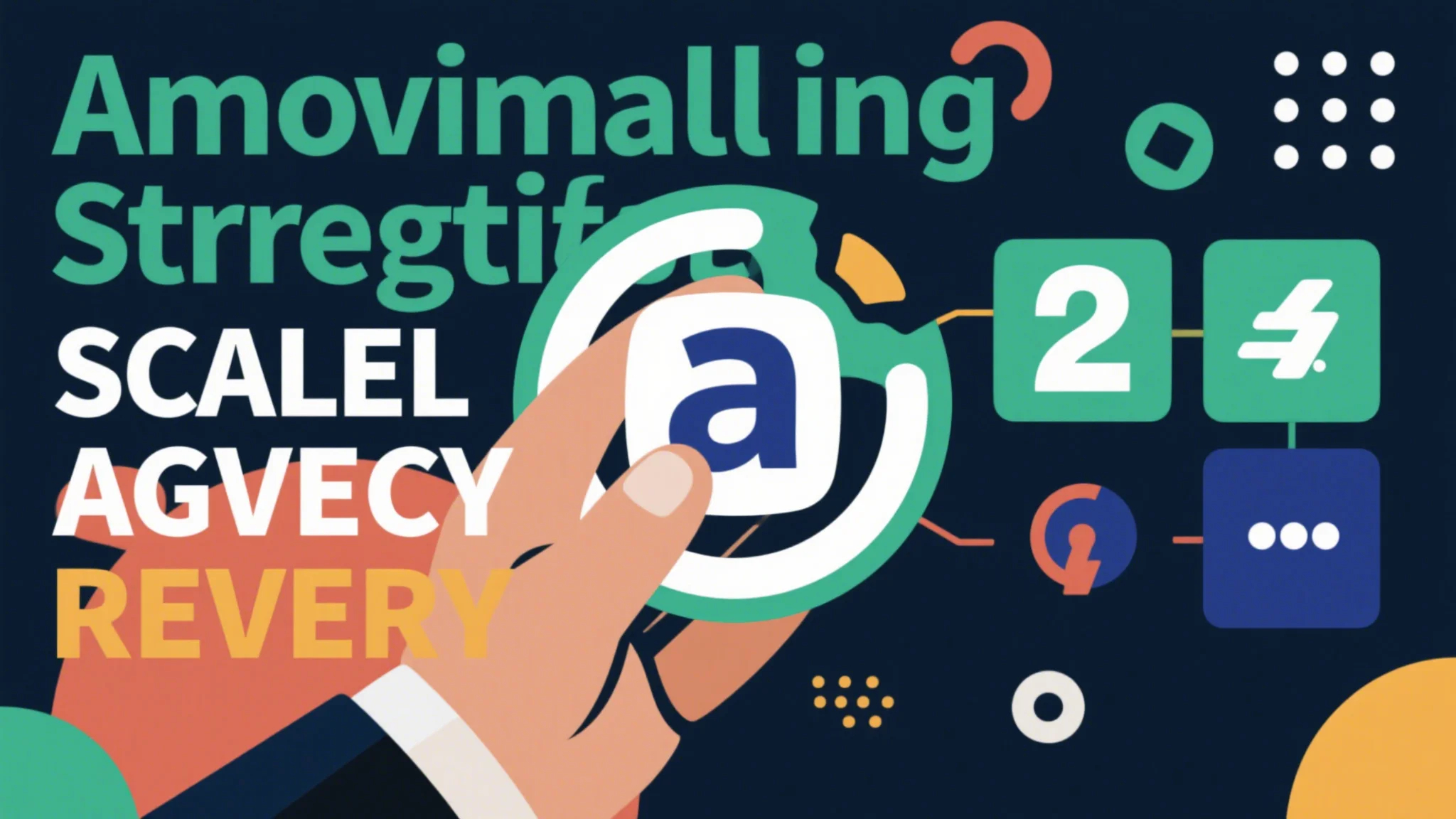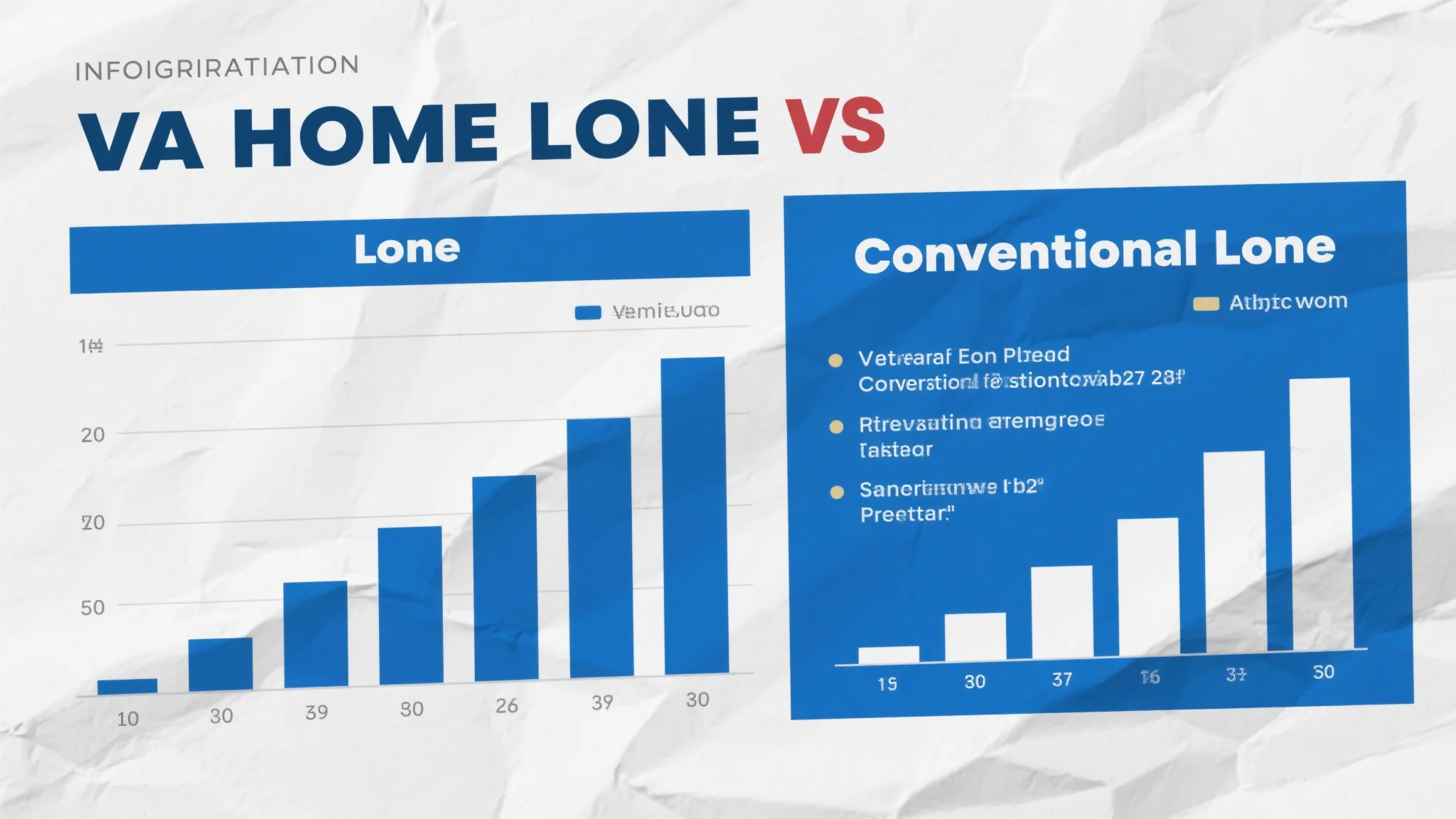The Rise of AI-Driven Personalized Learning
By 2025, artificial intelligence (AI) will have revolutionized the way students engage with distance learning. AI-powered platforms will not only adapt to individual learning styles but also predict academic challenges before they arise. For instance, intelligent tutors will analyze a student’s performance in real-time, offering tailored recommendations to improve weak areas. This level of personalization will ensure that no student feels left behind, regardless of their location or background.

Moreover, AI will streamline administrative tasks, such as grading and scheduling, allowing educators to focus more on teaching and mentoring. With AI handling the logistics, teachers can dedicate more time to fostering creativity, critical thinking, and emotional intelligence—skills that are irreplaceable by technology. Students, in turn, will benefit from a more engaging and efficient learning experience.
The Integration of Virtual and Augmented Reality
Virtual reality (VR) and augmented reality (AR) will play a pivotal role in distance learning by 2025. These technologies will create immersive environments that simulate real-world scenarios, making abstract concepts more tangible. For example, medical students can practice surgeries in a virtual operating room, while history enthusiasts can “travel” back in time to experience historical events firsthand.
AR, on the other hand, will overlay digital information onto the physical world, enhancing traditional textbooks and classrooms. Imagine a student studying geometry; AR could project 3D shapes into their view, allowing them to interact with complex structures in a way that was previously impossible. This blend of virtual and augmented experiences will make learning more interactive and enjoyable, catering to diverse learning preferences.
The Role of Blockchain in Ensuring Academic Integrity
Blockchain technology, best known for its role in cryptocurrency, will also transform education by 2025. By creating a decentralized system for storing academic records, blockchain will ensure the authenticity and security of credentials. This will be particularly beneficial for distance learners, as it eliminates the risk of fraudulent degrees or transcripts.
In addition, blockchain will facilitate seamless transfer of academic credits between institutions, making it easier for students to pursue multiple degrees or certifications. With blockchain, students can have full control over their academic data, knowing that it is tamper-proof and easily verifiable. This will not only enhance trust in online education but also open up new opportunities for global collaboration and knowledge-sharing.
The Importance of Digital Literacy
As distance learning becomes more sophisticated, the demand for digital literacy will increase exponentially. Students in 2025 will need to be proficient in using a wide range of digital tools, from learning management systems (LMS) to advanced AI-driven applications. They must also具备the ability to navigate virtual classrooms, participate in online discussions, and collaborate on group projects using digital platforms.
Furthermore, digital literacy will extend to understanding data privacy and cybersecurity. With increasing reliance on online platforms, students must be aware of potential threats, such as phishing attacks or data breaches, and know how to protect their information. By staying informed and proactive, students can ensure their academic and personal data remain secure in the digital age.
The Evolution of Flexible Learning Paths
One of the most significant advantages of distance learning is the flexibility it offers. By 2025, this flexibility will be taken to the next level, with students able to design their own learning paths tailored to their unique goals and schedules. Modular courses, microcredentials, and nanodegrees will become increasingly popular, allowing students to acquire specific skills without committing to traditional degree programs.
This shift will be particularly beneficial for working professionals and lifelong learners, who often juggle multiple responsibilities. With the ability to learn at their own pace and on their own terms, students can pursue higher education without disrupting their personal or professional lives.
The Growing Importance of Soft Skills
While technical skills will remain crucial in 2025, the importance of soft skills—such as communication, teamwork, and adaptability—will only increase in the context of distance learning. In a remote environment, students must be able to effectively communicate through written and verbal channels, as well as collaborate with peers and instructors who may be in different locations.
Moreover, the ability to adapt to new technologies and changing circumstances will be essential. As distance learning continues to evolve, students must remain open to learning new tools and approaches. Those who can embrace change and thrive in dynamic environments will be better positioned for success in both their academic and professional pursuits.
The Future of Assessment and Feedback
Assessment and feedback will also undergo significant changes by 2025. Traditional exams and assignments will be supplemented by a variety of alternative assessment methods, such as project-based learning, peer reviews, and competency-based evaluations. These methods will provide a more holistic view of a student’s abilities and understanding.
Additionally, AI will play a key role in providing即时and actionable feedback. Automated systems will analyze student work in real-time, offering suggestions for improvement and identifying areas where they need additional support. This will enable students to learn more effectively and efficiently, while also reducing the workload on educators.
The Role of Global Collaboration
Distance learning will increasingly facilitate global collaboration by 2025, breaking down geographical barriers and connecting students from all over the world. Through virtual classrooms and online communities, students will have the opportunity to interact with peers from diverse cultural and academic backgrounds.
This global perspective will not only enrich the learning experience but also prepare students for the interconnected world of the future. By working together on collaborative projects and sharing different viewpoints, students will develop a deeper understanding of global issues and the skills needed to address them.
Distance learning in 2025 will be a far cry from the basic online courses of today. With advancements in AI, VR, AR, and blockchain, the future of remote education will be more interactive, personalized, and accessible than ever before. However, to fully benefit from these innovations, students must develop the necessary skills, such as digital literacy, adaptability, and global collaboration.
As we approach 2025, it is clear that distance learning will continue to play a vital role in shaping the future of education. By staying informed and proactive, students can navigate this evolving landscape and unlock new opportunities for growth and success.



